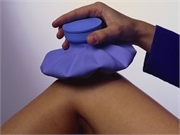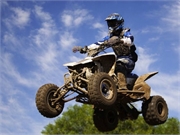
If your knees crack when you walk or run, don’t be too worried, an expert says. “Knee cracking could mean lots of things,” said Harshvardhan Singh, assistant professor in the department of physical therapy at the University of Alabama at Birmingham. “If it is painful, then you should see a health care provider.” The cause… read on >

















